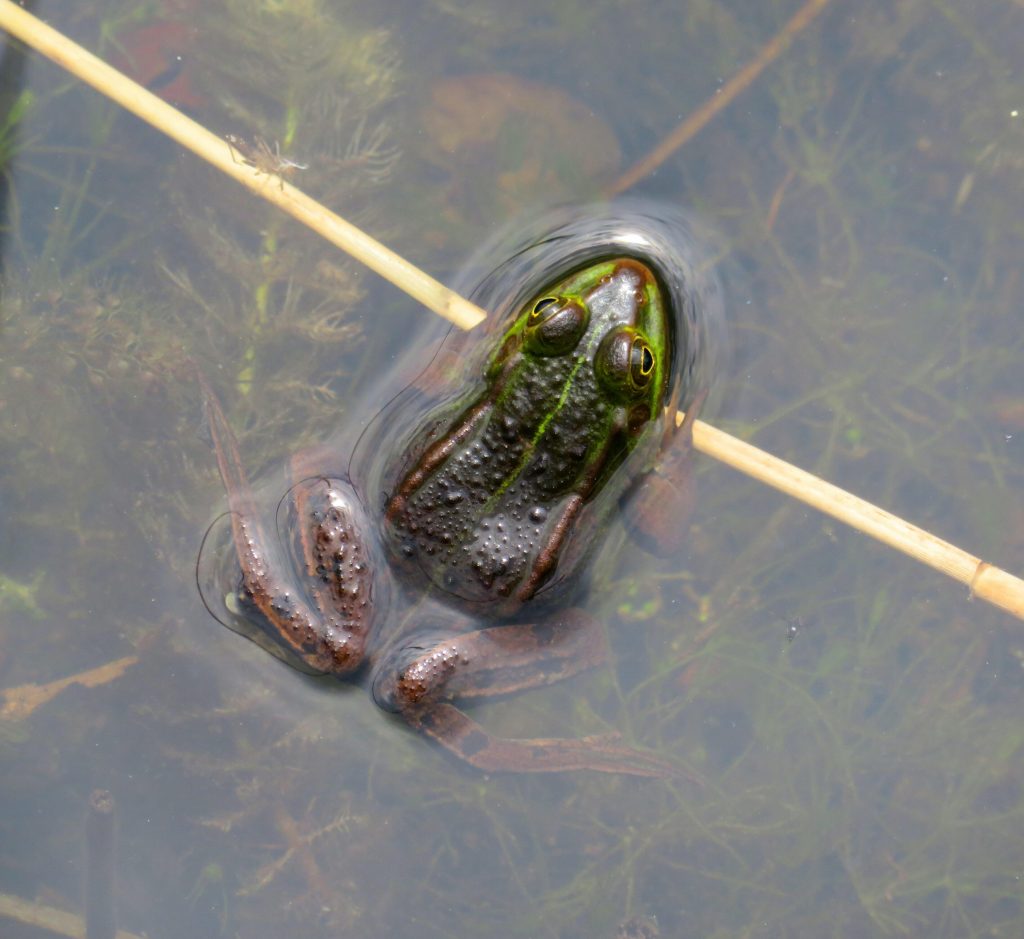Don’t Ask Me What I Did With the Bodies
Electric Lit relies on contributions from our readers to help make literature more exciting, relevant, and inclusive. Please support our work by becoming a member today, or making a one-time donation here.
.
The Squirrel
We argue over the squirrel flat on his belly, clinging with his tiny nails to the rough bark branch, stomach contracting every time he screeches— sounding more like a house cat than the animal he is, tail going stiff as if electrified in the process. You think it’s a mating thing. I think he’s saying something terrible is happening, proclaiming danger or his own desperate suffering. Either way the squirrel goes on screaming. Because we don’t know what is happening, we keep watching.
Observance
I wanted to watch tadpoles grow into frogs
so I brought my plastic yellow bucket to the lake,
caught dozens of the squirmy things
and carried them home, careful not to let any creature
or water spill out over the rim as I walked.
I left them by the side of the house in the sun,
thinking, like plants, the tadpoles would need light.
Then I went inside, played Monopoly with my sister
and forgot about the future-frogs.
Days later I returned with a handful of grass to feed them.
Instead of frogs, I found a bucket of floating skeletons.
I could see all the tiny, terrifying bones in their spines,
their tails hanging down like sad dogs.
Their skin had disappeared, but their eyes were still there
staring up at me.
I can’t remember what I did with the bodies—
maybe I poured them back into the lake
or dumped the bucket behind a pine tree.
Whatever I did, I did it fast and didn’t tell anyone
what I’d done, murderer that I was.
Bad mother, bad mother, I remember saying to myself,
banging my empty bucket against my knees,
punishing myself in the small ways I could.
In my haste to hide the evidence, I didn’t plan
a funeral. It was different with the birds
that hit the kitchen window on sunny mornings
while I was eating Lucky Charms—
their deaths were not my fault.
I helped my mother dig holes for their feathered bodies
in the garden, where we buried them among the marigolds
and bowed our heads. I made crosses
out of broken twigs tied together with grass,
marking their graves so we wouldn’t forget
where each bird was, wings folded, waiting
to be turned into something else by the eyeless worms.
